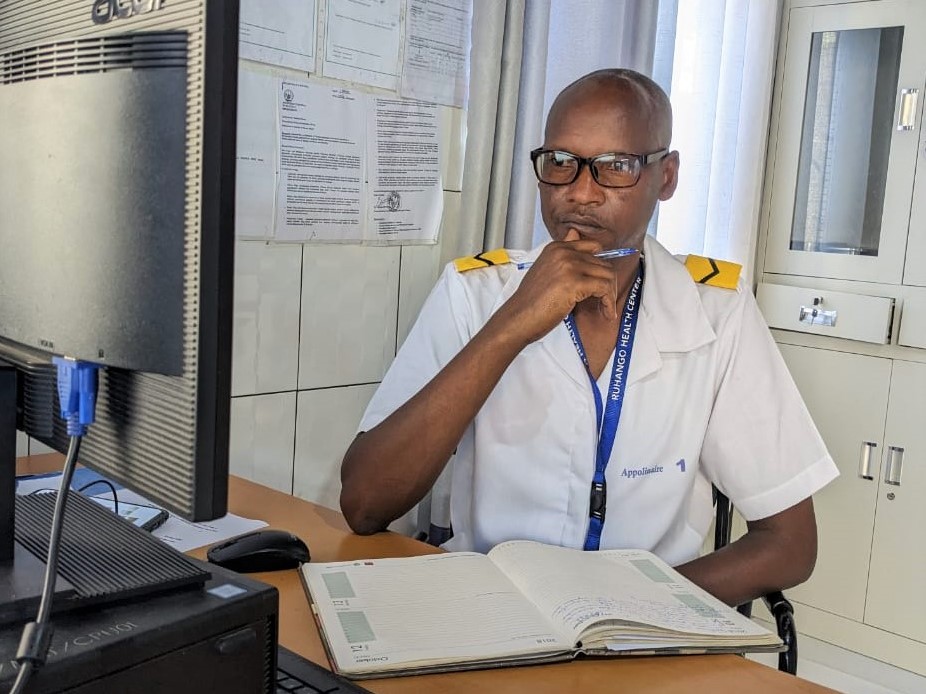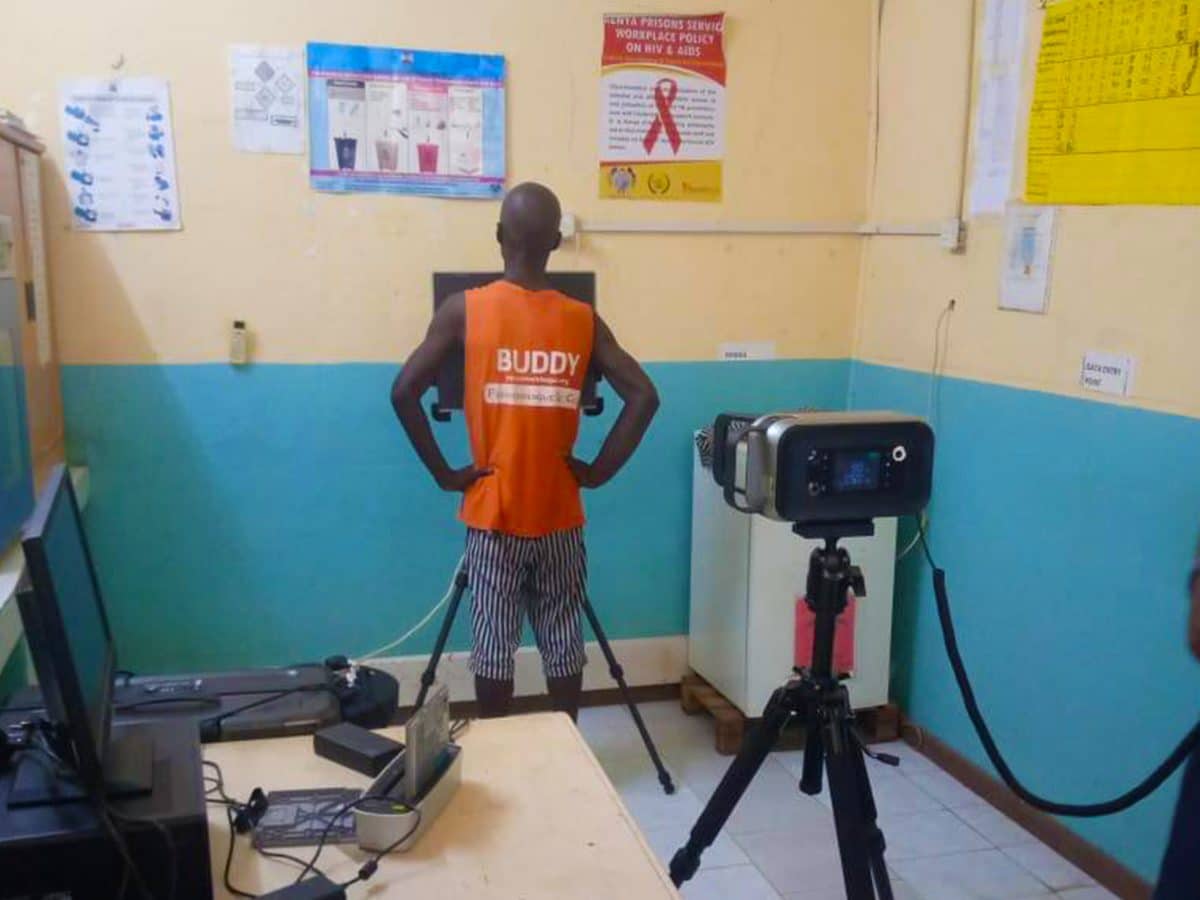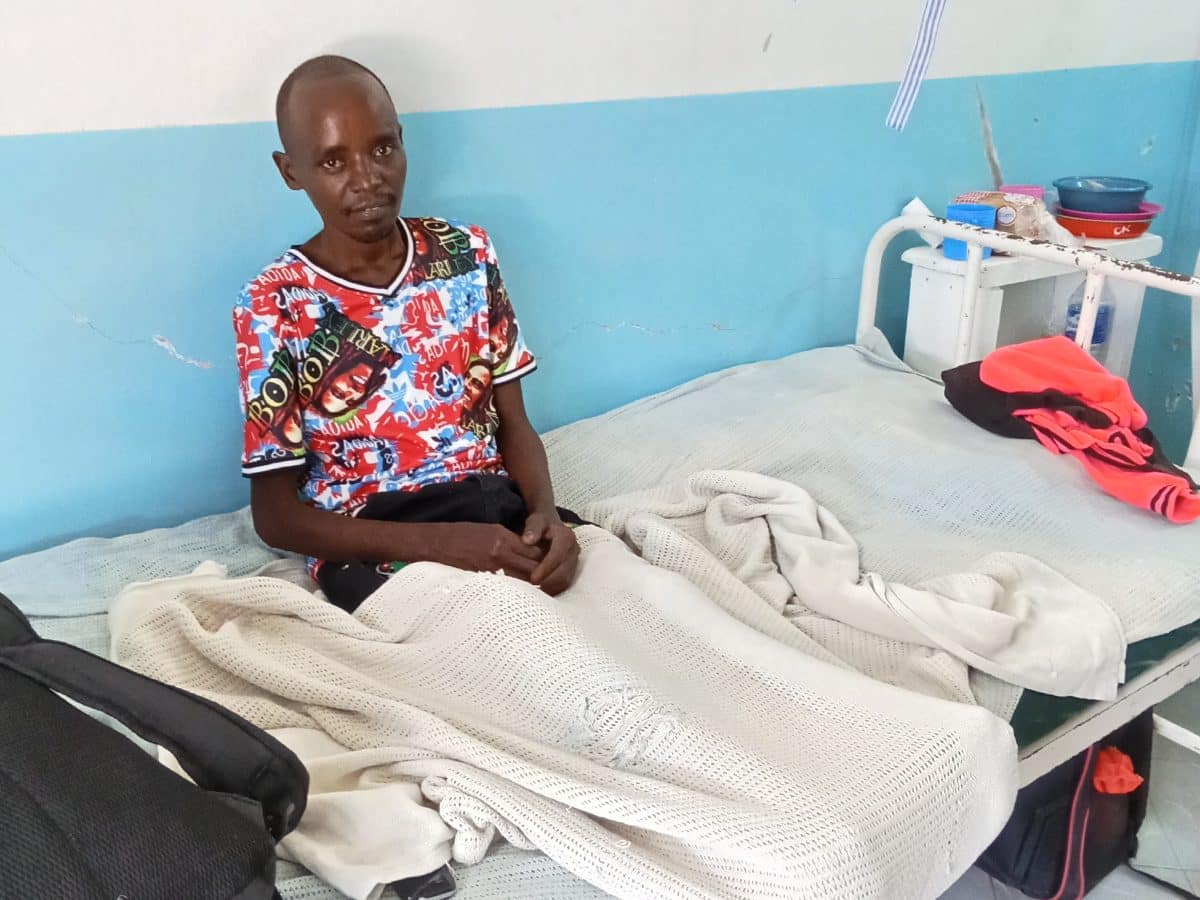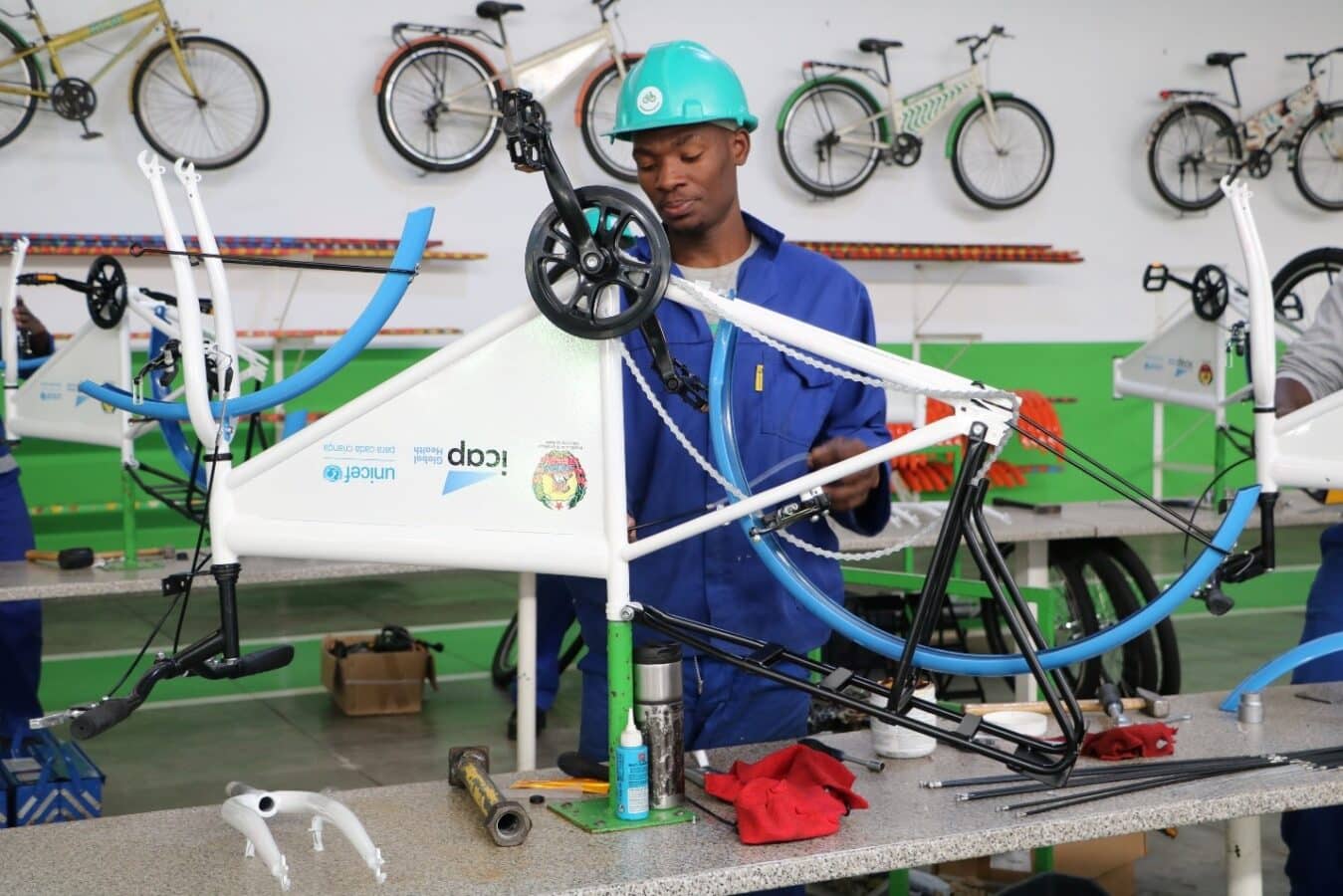Like many health care systems in sub-Saharan Africa, Rwanda’s faces the dual challenge of staff attrition and budget constraints, against the backdrop of rapidly evolving HIV guidelines for prevention, care, and treatment.
In response, ICAP—at the request of the U.S. Centers for Disease Control and in partnership with Rwanda’s Ministry of Health—prepared and launched a tele-mentorship program in August 2022 that is reaching hundreds of health care workers, mentors, supervisors, and program managers across the country. In the past, staff would have to travel regularly to necessary, in-person trainings on updated HIV guidelines. As a result, in-person training cost the health system significant amounts of both time and money, all of which can now be invested in patient care.
The tele-mentorship initiative solves an additional challenge: in theory, the trained staff would return to their facilities and train additional staff, but this often did not happen on a reliable basis, limiting the extent to which critical knowledge was disseminated. With tele-mentorship, however, many more health workers can easily access and benefit from the trainings.
By the end of March 2023, 655 health workers at 22 hospitals had enrolled in the live, interactive two-hour tele-mentoring sessions, with plans to expand the program to 31 hospitals by the end of the year.
“In the first eight months of its implementation, tele-mentorship has saved Rwanda’s HIV program over $100,000 in per diems and venue costs for the hosting of in-person training,” said Veronicah Mugisha MBcHB, DPH, MMed (PH), the project’s principal investigator and ICAP country director in Rwanda. “It also saved 2,205 days of work for health care workers, days they would have spent on travel to and from a one-day training. Instead, they spent those days on their work and on their patients.”
The sessions began on a bi-monthly basis, but due to their popularity and high demand, they now take place as many as three or four times a month. The topics covered have also expanded beyond HIV to include other pressing health issues, sometimes at the request of participants.
For example, in October, with concerns rising over an Ebola breakout in neighboring Uganda, one session covered Ebola preparedness and response. Other topics have included molecular laboratory design, HIV and tuberculosis diagnosis among children under 15, and HIV case-based surveillance, which was rolled out in its electronic form in Rwanda in 2018, but with health workers still reporting on-going struggles to implement it all these years later.
Apollinaire Ntwariyishema, 44, is a nurse who has been working in the Antiretroviral Services Unit at Ruhango Health Center in Rwanda’s Southern Province. So far, he has attended two tele-mentoring sessions, one on index testing data reporting and another on quality improvement projects management. Despite his 18 years of experience, he said he was confused about some of the HIV indicators and routinely used to report incorrect data until benefitting from the sessions.
“I acquired a lot of knowledge and borrowed best practices, plus clarifications on some HIV-related indicators,” Ntwariyishema said. “I am currently reporting improved data.”
ICAP’s support to the initiative includes developing national guidelines for the tele-mentoring sessions, organizing orientation sessions for the mentors, creating a one-year plan, and helping to identify topics and experts for the sessions.
“We also have an IT person who is always present as we are delivering the tele-mentorship sessions to troubleshoot any issues the presenter may have,” said Placidie Mugwaneza, ICAP’s technical team lead for the project. Currently, not all of the participants have internet access, so they must join the sessions using their phones, which can cause additional technical challenges.
Long term, the government plans to bring the tele-mentoring program to all 600 of Rwanda’s health facilities, an effort that will become easier as Rwanda continues to upgrade its internet infrastructure, Mugisha explained.
About ICAP
A major global health organization that has been improving public health in countries around the world for nearly two decades, ICAP works to transform the health of populations through innovation, science, and global collaboration. Based at Columbia Mailman School of Public Health, ICAP has projects in more than 30 countries, working side-by-side with ministries of health and local governmental, non-governmental, academic, and community partners to confront some of the world’s greatest health challenges. Through evidence-informed programs, meaningful research, tailored technical assistance, effective training and education programs, and rigorous surveillance to measure and evaluate the impact of public health interventions, ICAP aims to realize a global vision of healthy people, empowered communities, and thriving societies.








